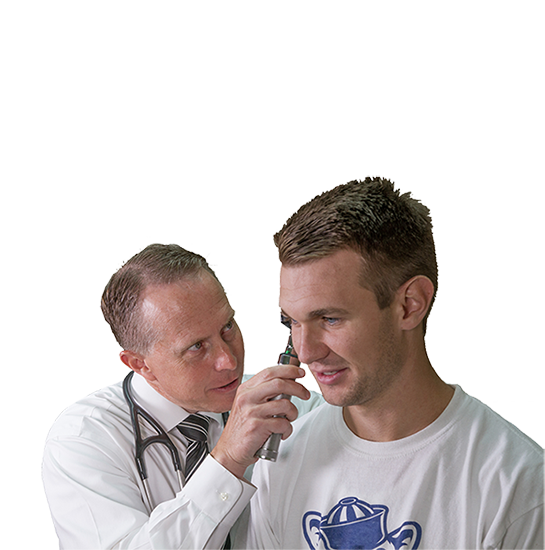The Premiere Family Medical Clinic in St. George, Utah
A primary care physician who practices within a family medical clinic like the Callahan Clinic, is one of the most important members of your healthcare team. A family practitioner is uniquely qualified to care for your entire body holistically, rather than looking at one particular system, such as a cardiologist who may provide specialized care for heart-related issues.
A family care doctor may be a: MD, Doctor of Medicine, DO, or Doctor of Osteopathic Medicine. At Dr. Callahan’s St. George Clinic, each of our experienced and compassionate physicians are board-certified and able to treat children and adults of all ages, regardless of gender.
Why it’s Important to Regularly See a Primary Care Doctor
Your family doctor is the person you should see for an annual physical, regardless of whether or not you’ve seen a specialist or other healthcare provider. You should make a yearly appointment with your primary care physician to go over your lifestyle, changes in diet and physical activity, and overall health. Ask which vaccinations or tests you may need based on your gender, age, family history, and health concerns. Preventive care through vaccinations and prescription medications is a vital function of your primary family doctor.
Family medical clinic practitioners are the best place to start when you encounter a medical concern. Your family doctor has both the experience and knowledge to care for and treat a wide variety of health issues. Typically, you should call your family practitioner when you have/are in need of:
- Child Immunizations
- Well Child Exams
- Well Women Exams
- Sports and Missionary Physicals
- DOT/CDL Exams
- Diabetes care
- Chronic Disease (hypertension, asthma, high cholesterol)
- Minor Surgery (wart removal, ingrown toenail skin tags)
- Depression
- Preventive/Wellness Exams
Benefits of Seeing a Family Medical Clinic Practitioner First
Studies show that individuals who maintain a good relationship with their primary care doctor, typically have better health, less instances of illness or serious health risks, and lower overall healthcare costs. If your primary care physician determines that a higher level of care is required to properly treat your medical issue, they are authorized to coordinate between you and another doctor or specialist. In doing so, you won’t have to find a qualified specialist yourself, or pay for duplicate tests.


